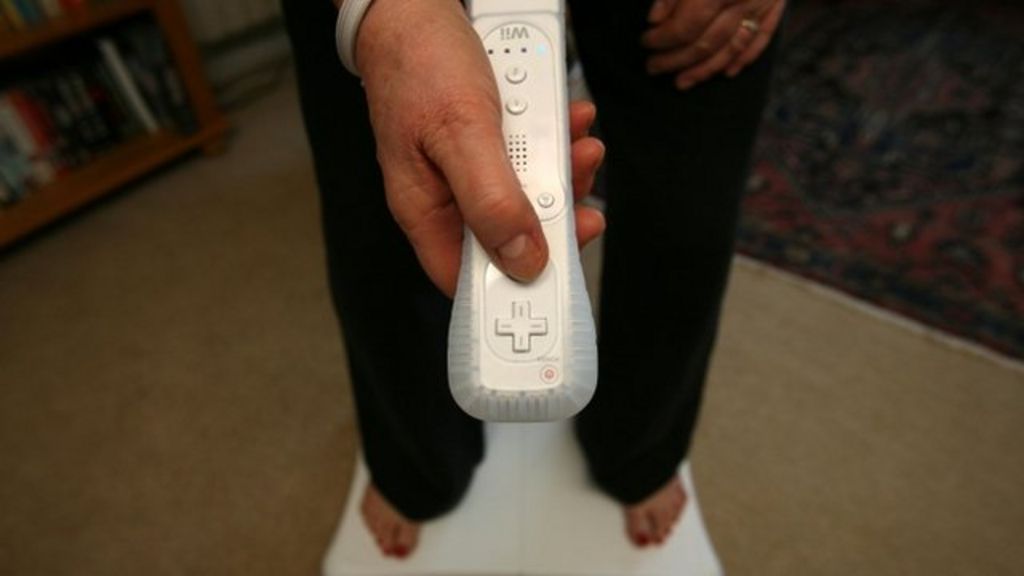Nintendo Loses Court Case Over Wii Motion Controllers

 Image copyright
PA
Image copyright
PA
Nintendo has been told to pay a medical-device maker $10m (£7.75m) after losing a court case over who invented motion-sensing technology.
Health technology company iLife sued Nintendo in 2013, saying Wii console controllers used technology it had patented.
It originally sought damages of $144m.
In court, Nintendo said the technology in iLife's patent was not specific enough to cover the way Nintendo used motion-sensing technology.
The row revolves around controllers for both the Wii and Wii U consoles, which are fitted with accelerometers that work out how someone moves their hands while playing.
In court documents, iLife said this system of measuring movement was the same as the technology it had developed for monitors that could spot if old people had fallen or babies were at risk of cot death.
A jury agreed with this assertion when the case and damages were decided last week.
The original claim for damages was based on iLife asking for a royalty of $4 on every one of the 36 million Wii consoles sold in the six years before it launched its legal action.
Nintendo said it intended to continue its defence of its own technology in the courts.
"Nintendo disagrees with the decision, as Nintendo does not infringe iLife's patent and the patent is invalid," it said in a statement.
It added: "Nintendo looks forward to raising those issues with the district court and with the court of appeals."
From Chip War To Cloud War: The Next Frontier In Global Tech Competition
The global chip war, characterized by intense competition among nations and corporations for supremacy in semiconductor ... Read more
The High Stakes Of Tech Regulation: Security Risks And Market Dynamics
The influence of tech giants in the global economy continues to grow, raising crucial questions about how to balance sec... Read more
The Tyranny Of Instagram Interiors: Why It's Time To Break Free From Algorithm-Driven Aesthetics
Instagram has become a dominant force in shaping interior design trends, offering a seemingly endless stream of inspirat... Read more
The Data Crunch In AI: Strategies For Sustainability
Exploring solutions to the imminent exhaustion of internet data for AI training.As the artificial intelligence (AI) indu... Read more
Google Abandons Four-Year Effort To Remove Cookies From Chrome Browser
After four years of dedicated effort, Google has decided to abandon its plan to remove third-party cookies from its Chro... Read more
LinkedIn Embraces AI And Gamification To Drive User Engagement And Revenue
In an effort to tackle slowing revenue growth and enhance user engagement, LinkedIn is turning to artificial intelligenc... Read more

